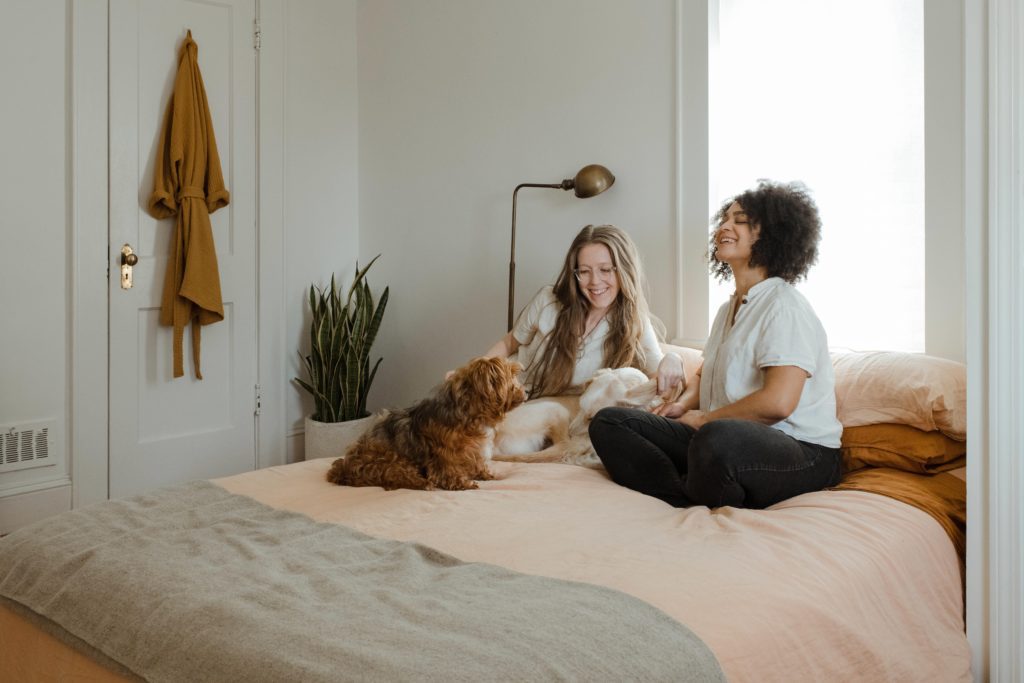Real estate is one of the most timely investments you can ever use to secure your financial future for yourself and your family. Even if the market takes a temporary hit, you almost can’t go wrong when investing for the long term. For example, if you were fortunate enough to have picked up an investment property in Peterborough just five years ago, you could be sitting on a goldmine of equity. Just think of how housing values have skyrocketed over the last few years. It’s true that prices dropped in the later part of 2022, but they remain historically high. Cashing out of your investment now can provide you with an influx of funds you can use to retire, travel, or even undertake an exciting new venture.
However, if you’ve never sold an investment property before, there are certain things you should know. In some ways, the process is similar to selling a primary residence. However, there are also several differences to be aware of.
The Value of a Primary Residence Vs an Investment Property
In 2017, the average price of a house worked out to $363,310. By the end of December 2022, values had increased to an average of $592,432. If you were selling a residential property, you’d have a gross gain of $219,122. All things considered, that’s a satisfactory return on investment after just five years!
When selling an investment property, the selling price remains the same. But your profits should be higher because you had rental income to cover all or most of your carrying costs the entire time! Essentially, you’ve been able to hold onto the property for free or even at a profit. This is a benefit your primary residence usually cannot deliver.
Are you interested in getting started as an investor or building on your nest egg? The following posts will help:
- The Beginner’s Guide to Investing in Real Estate
- New Landlord Checklist
- How To Be A Millennial Landlord
Capital Gains Taxes on Investment Properties
Investment properties may be worth more, but they are also taxed differently. Whenever you sell an asset at a profit, you will be responsible for capital gains. The only exception to this rule is the primary residence exemption. The idea of paying “capital gains” strikes fear into the hearts of many investors, but knowledge is your first and best line of defence.
First, let’s look at how capital gains are calculated. The formula can be complicated, but here’s a simplified explanation of how it works.
Imagine you purchased an income property at $400,000 before prices went up. Five years later, you sell it for $700,000. You now have a profit of $300,000, which is calculated as income in the year the transaction closed. As you can see, this influx of extra cash will put you into the absolute highest tax bracket.
However, there is some good news. Only 50% of your profit is subject to capital gains.
Right away, your taxable income drops to $150,000. Even so, this windfall can still hurt come tax time.
Offsetting Capital Gains
As disheartening as it may feel to watch a portion of your profit evaporate due to taxes, there are legal and ethical ways to reduce this burden. The subject of taxes is too complex for a single post, and we always suggest working with an experienced accountant or financial advisor. However, these guidelines will help you keep the maximum amount of profit possible.
Offset capital gains with capital losses. If you sell another asset at a loss in the same year, you can use the loss to reduce the amount of tax owing. It doesn’t have to mean a house, either. Any asset applies, and you can use the offset for any three years preceding or following the sale of your investment property.
Invest in an RRSP. A tax-sheltered investment doesn’t eliminate the need to pay taxes. However, you pay when you pull funds out of the account, not at the time of the gain. This allows you to defer having to pay all at once.
Use the capital gain reserve. Under Canada’s tax system, your tax rate increases as your income grows. The capital gain reserve allows you to spread your profit over five years. During that time, your income will be marginally higher for each tax year. Because you’ll likely be in a lower bracket, you will pay less tax over time than if you took the hit all at once.
Do you want to invest in real estate by using your existing home? A secondary suite might be the way to go:
- A Practical Guide to Setting Up Your Own Secondary Suite
- How to Build Equity and Improve Home Affordability with Secondary Suites
- The New Coach Home Rules in Peterborough: A Guide
Selling Does Not Affect Your Tenant’s Rights
Some investors mistakenly believe they can evict a tenant when they want to sell the unit. However, if a signed lease is in place, the new owner must abide by it. Once the lease expires, it automatically transitions into a month-to-month agreement unless renewed. At that point, the new owner can provide notice that they want to move into the property.
While your listing is active, you have the right to show the home to prospective buyers as long as you provide your tenant with 24 hours notice. Respecting your tenant’s rights and working together amicably will make selling your investment property easier for both parties.
Selling a house with tenants can be challenging. Luckily, we have an entire post dedicated to helping you navigate the situation! Read more right here.
Preparing the Home for Sell
Before listing a house for sale, most homeowners want to do everything they can to maximize its value. When selling your primary residence, you are in control. You can scrub your house until it shines, make every beneficial update, and keep it pristine when potential buyers walk through.
With an investment property, you may not have that luxury. If you have tenants, you cannot ask them to stage the house for you. This limits your opportunity to earn more money by having the home show well.
On the other hand, if your potential buyer is another investor, they will care less about surface appearances. Instead, they’ll focus on the numbers, how much equity, and the passive income they may gain. In that case, a house with a pre-existing tenant can be more appealing than any renovation you can make!
If you want more information about selling a primary residence or investment property, we can help! Reach out to us today at team@jeffandkatie.ca or call 705-243-9797 to start the conversation.


